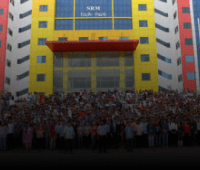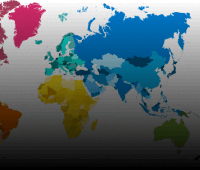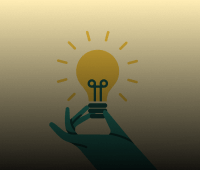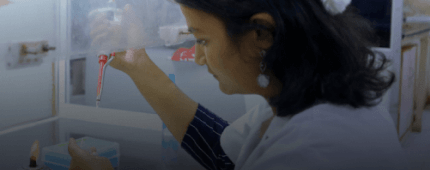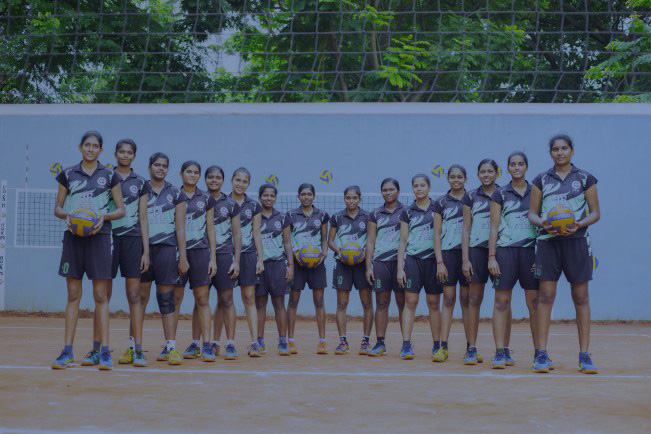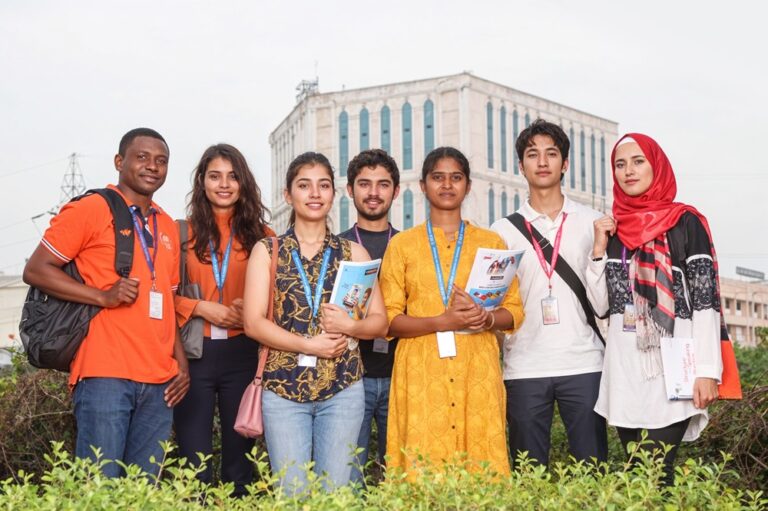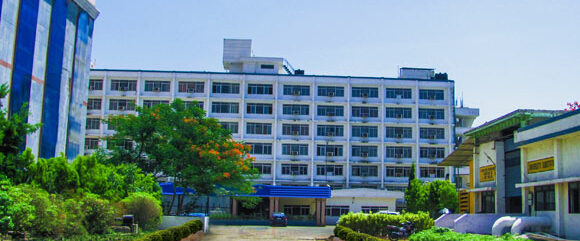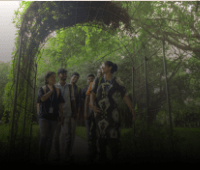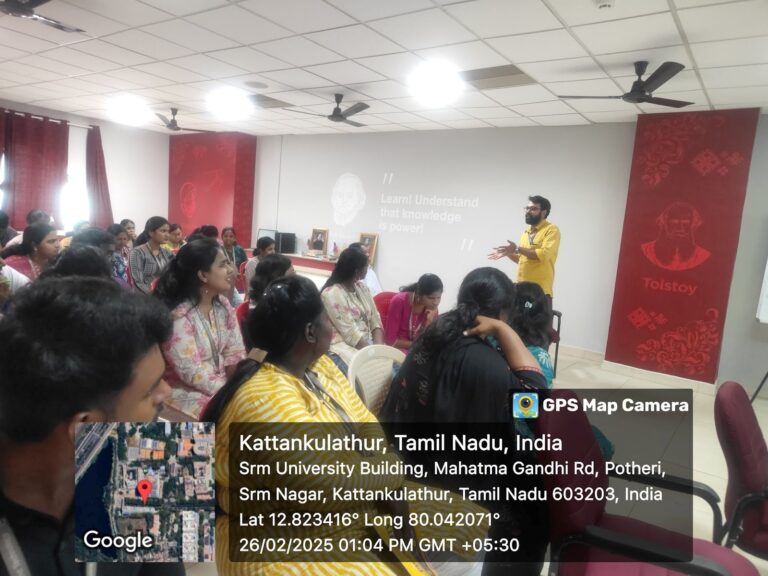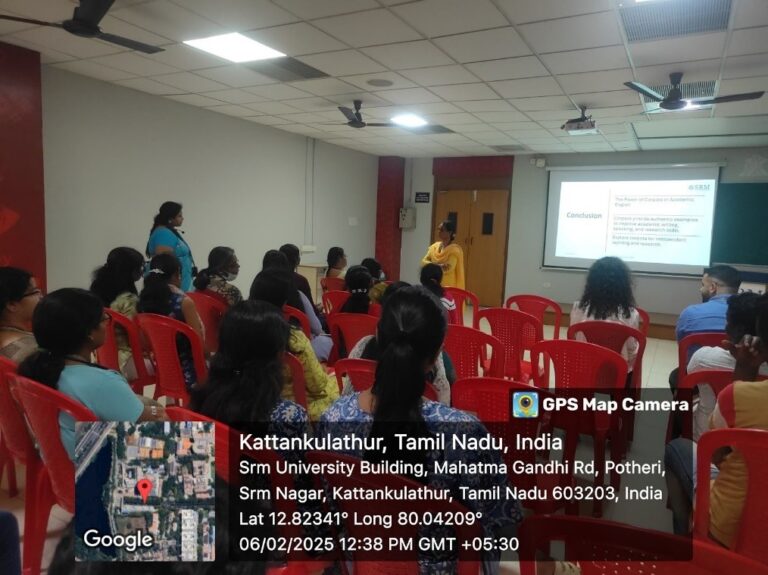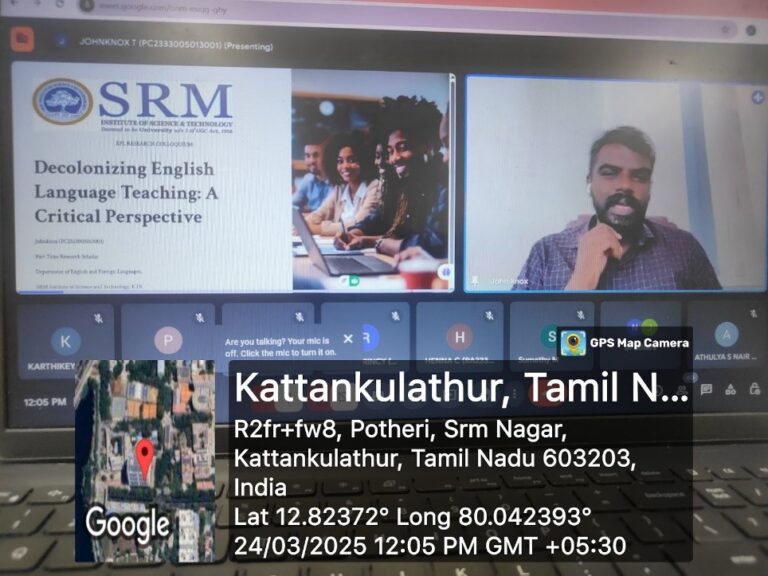The Department of Languages, Culture and Society successfully conducted its Research Colloquium from 3 February to 9 July 2025 at the Russian Centre, Room 1116. While Full-Time scholars presented their research findings at this venue, the Part-Time Scholars joined online through the Google Meet platform for their presentation. The event was coordinated by Dr. Prasanth P S and Dr. M Sumathy, with the support of scholar coordinators Mr. Ramsuresh L., Ms.Athulya S. Nair, Ms.Jerlin, and Ms.Princess.
The colloquium functioned as a dedicated academic platform where each participating scholar was allotted a specific day to present on a research topic, preferably from their own area of interest. These 30-minute presentations were followed by an engaging Q&A session, encouraging active participation, critical dialogue, and scholarly exchange among peers and faculty. This interactive setting not only deepened participants’ understanding of diverse research areas but also created opportunities for interdisciplinary connections.
One of the primary purposes of the colloquium was to nurture the skills required for academic research. Scholars were able to refine their abilities in structuring arguments, employing theoretical frameworks, presenting complex ideas clearly, and responding effectively to academic critique. The process also strengthened their confidence in public speaking, academic writing, and the art of defending research perspectives—skills essential for conference participation, thesis defense, and scholarly publication.
The program further enriched the academic environment by incorporating TED Talks on research-related topics. These sessions exposed scholars to global perspectives on research methodologies, ethics, and innovation. The screenings were followed by scholarly discussions, enabling participants to critically engage with the content and apply relevant insights to their own work.
By combining formal research presentations, intellectual debate, and exposure to external academic resources, the Research Colloquium served as a training ground for emerging scholars. It successfully fostered a culture of research-oriented dialogue, collaborative learning, and professional growth within the department with a total of 78 presentations.


